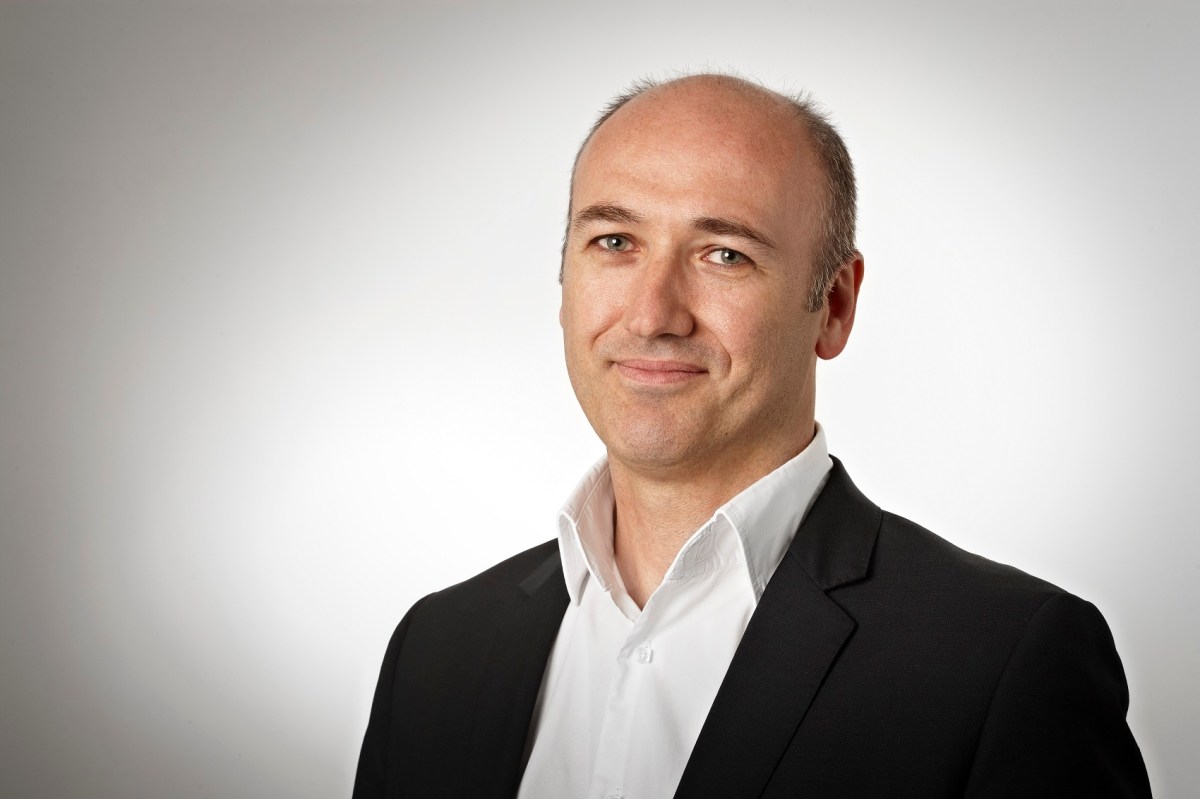Behind the glittering facade of the beauty industry is a cutthroat environment where brands live or die by consumer perception of quality and price. As market conditions get tougher and consumers become more judicious with their spending, beauty brands face a pivotal moment of truth.
Does the brand promise live up to consumer expectations? Are brands positioning themselves correctly? Most importantly, are products performing as they should? A slow economy is the ultimate test of a beauty brand’s mettle. It’s a time when strategic positioning and innovation become not just advantageous, but essential for survival. The beauty brands that will emerge victorious are those that not only understand their niche but excel in it.
On the other hand, beauty labels that underperform will see themselves quickly lose ground to their just as effective, trendy dupes. In order to gain the upper hand in the FMCG war, brands must take steps to hone their product quality and bulletproof their customer engagement strategies.
First, beauty brands must wise up to the common misconception that lower prices always equate to higher sales. Consumers more than ever are willing to part with their hard-earned cash – but only for products that deliver on their promises. Beauty brands don’t need to be bargain basement cheap to capture significant market share; in fact lower pricing has been known to be associated with lower brand quality.
Rather than a ‘cheaper is better’ approach, it’s wisest to foster the perception of being a good ‘value for money’ brand. They must showcase how investing a little more makes a huge difference in product quality. Even with inflation and cost pressures, consumers consistently put quality above price as the most important measure. One study found that consumers ranked the value/quality of a product 51% higher than price (30%).
In terms of engaging audiences, a commitment to honesty and transparency matters in the FMCG space not just to consumers but also to stakeholders. Brands must make an effort to uphold stellar reputations and prioritise the culture and ethics of doing business in the beauty industry. Building relationships through honesty and transparency will also place brands in a position to capitalise on goodwill.
In Australia as in much of the world, shoppers show an overwhelming preference for ethical and sustainable brands. As an example, 9 in 10 (88%) of global consumers surveyed would choose to buy from companies with ethical sourcing structures in place over ones that did not.
To gain the upper hand in the FMCG war, brands must learn to develop products wisely. Keeping ranges small and intentional instead of pumping out half-baked offerings to flood supermarket shelves is a good way to start. Taking a studied approach shows care and consideration for consumers’ needs and is more likely to hit the mark.
Investing in strategic partnerships with suppliers is a great help no matter what stage of product development a brand is in. Brands may be surprised to learn that spending as little as 30-50 cents extra on product manufacturing can yield superior results which directly helps with courting value-conscious customers.
Last, brands should reconsider bricks and mortar retail as a viable option for growth. Contrary to popular belief that online retail is where all the growth lies, plenty of opportunities exist for a well-priced quality product to line supermarket and pharmacy shelves. Traditional pharmacy brands are already making inroads into supermarkets, but plenty of room still exists for mainstay products as much as trendy brands like Bali Body.
Thanks to the evolution of AI, AR and other immersive technologies, beauty retail stores have undergone an explosion of creativity. Built to double down on the human connection, immersive concept stores are a novel way to create unforgettable shopping experiences. Social media sensation Glossier is a case in point having recently opened up yet another store in the US as it aims to capture swathes of the North American market.
Above all, never underestimate the power of intelligent marketing in driving demand across the entire product range. A sluggish economy may be challenging but also offers myriad opportunities. For FMCG beauty brands, this is the time to test the mettle of their products and strategies, to push forward rather than retreat.
Brands that are willing to adapt and innovate will be the ones to emerge as tomorrow’s beauty industry leaders.
Rohan Widdison is CEO of New Laboratories.

